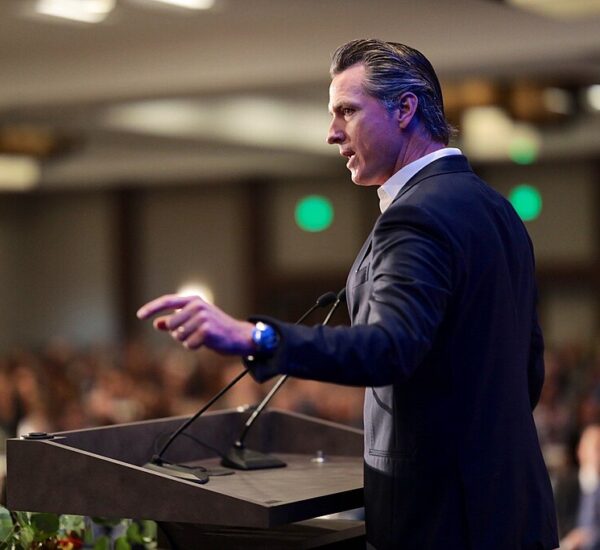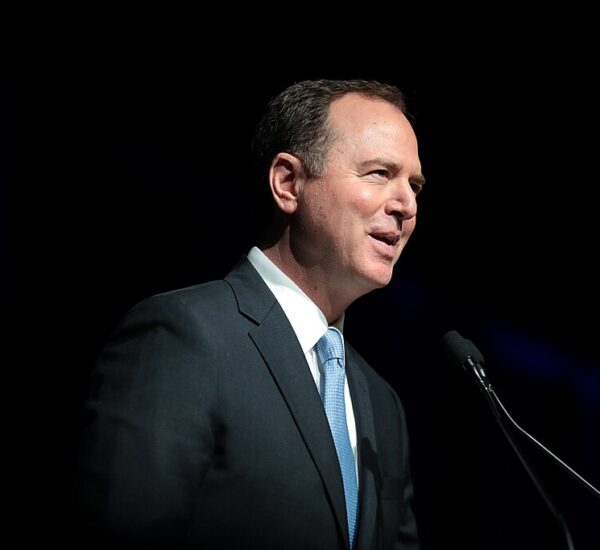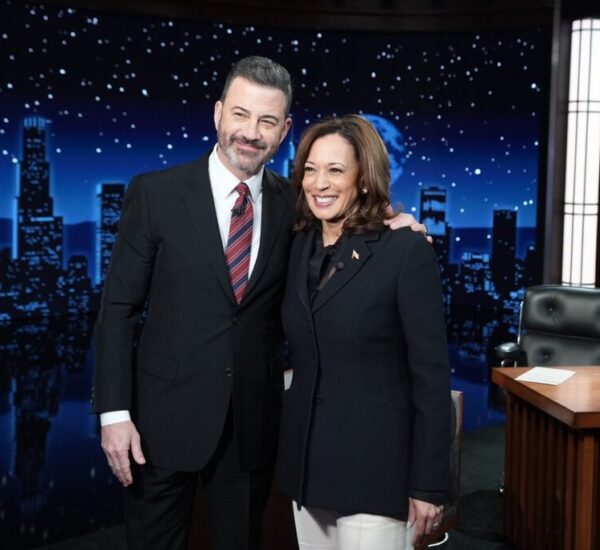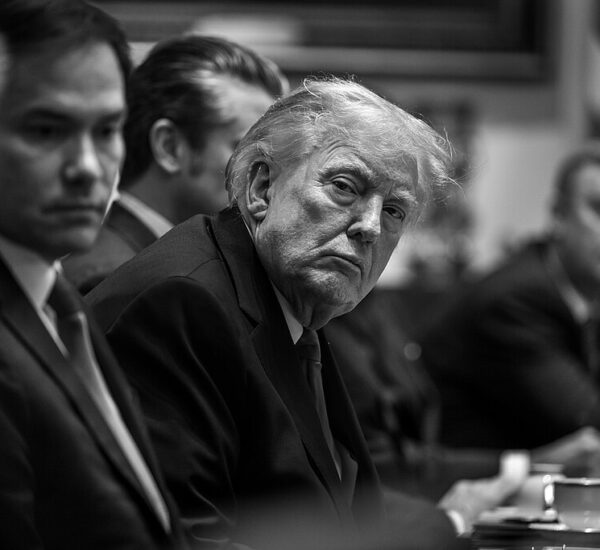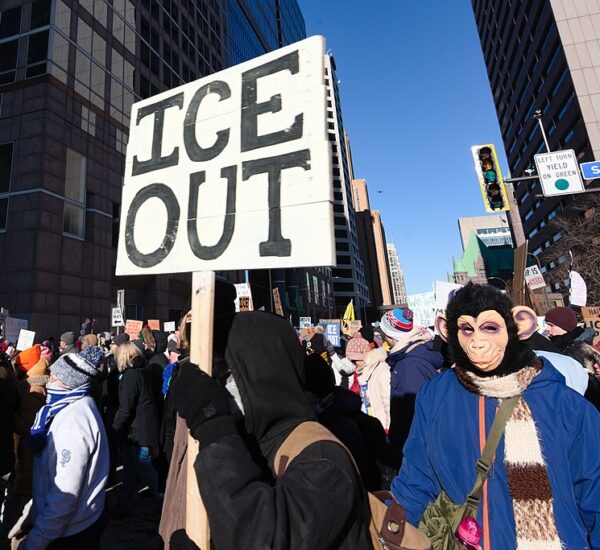Schiff Refuses A Pardon
Senator Adam Schiff (D-Calif.) made waves this week by expressing his opposition to the idea of President Biden issuing a preemptive pardon to himself or others involved in the investigation into the January 6, 2021, Capitol riot. Schiff argued that such a move would set a dangerous precedent, one that could open the door for future presidents to issue broad and sweeping pardons as they leave office.
“It would be the wrong precedent to set,” Schiff said in an interview with CNN’s Dana Bash. “I don’t want to see each president hereafter giving out a wide-ranging set of pardons just because they’re leaving office.”
When asked about a more targeted or specific pardon, Schiff, who served on the January 6 committee, doubled down on his stance. While he acknowledged the committee’s work was under scrutiny, especially by President Trump and his supporters, he expressed pride in the investigation and its findings. “We’re all enormously proud of the work that we did. We stand by it,” Schiff stated, referring to the committee’s investigation of the Capitol attack.
Schiff also noted that he believes members of the committee are protected by the Constitution’s Speech and Debate Clause, which shields lawmakers from certain legal actions related to their official duties. However, he stressed that, for the sake of preserving future integrity, Biden should avoid issuing any broad pardons that could be misused by future administrations.
Interestingly, Schiff’s comments come amid growing speculation that President Biden might preemptively pardon individuals who could be targeted by a potential Trump administration. Some Democrats have even suggested that such pardons are necessary to protect people from political retaliation. But Schiff warned that even well-intentioned acts of clemency could lead to problematic precedents that might be abused by future presidents.
Meanwhile, President Trump has signaled that he intends to grant clemency to some of the individuals involved in the January 6 Capitol riots, further heightening the political tensions surrounding presidential pardons.
As Trump nears his second term, the discussion around clemency and pardons remains one of the most controversial and politically charged topics in Washington, with both sides of the aisle voicing concerns over the potential for abuse of executive power. For Republicans, the issue remains a reminder of the power a president holds in shaping the nation’s legal and political future.

